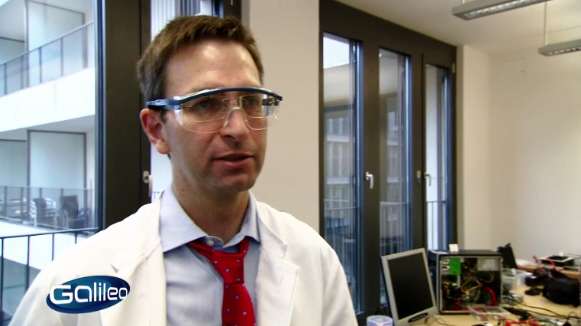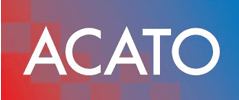What is an IT assessor?
An IT appraiser is an expert in systems, information processing applications and software development. He is also often referred to as an IT expert. On the one hand, there are appointed and sworn experts who are commissioned by courts to examine a factual situation at the expense of the parties to the dispute.
The expert’s task is to make findings using his expert knowledge in his field. These findings should then be presented in a report that is understandable to third parties (e.g. the court, the opposing parties). The findings will be described, explained and linked to one another. A question should also be answered clearly.
The prerequisite for working as an expert is professional competence. He needs “special expertise” in a specialist area. This expertise is achieved through a combination of university studies with a degree (e.g. Bachelor, Master, Diploma) as well as several years of professional experience and further qualification in the relevant field.
How do IT experts differ from publicly appointed and sworn experts?
In court cases, the judge may appoint an expert. The court transmits the Western information to a publicly appointed and sworn expert. The costs are borne by the parties to the dispute or the party responsible for providing evidence. Only the court has influence on the expert commissioned to examine the situation.
Due to the low remuneration for the task to be done, you can’t expect miracles here. Sometimes you can also experience an unpleasant surprise when the expert submits his report to the court. In the past, our IT experts have successfully refuted the findings of the appointed experts. Our IT forensics experts do not work for courts and are not yet interested in working as publicly appointed and sworn experts.
Our clients are authorities, the military, corporations, SMEs and private individuals. Our reports and statements have convinced the courts in Germany, Turkey, Canada and other countries of our view as experts.
How does an IT expert help me to exercise my rights?
An IT appraiser cannot distort or misrepresent the truth. The expert approaches the matter neutrally and examines the events in good faith that the person concerned is innocent. Our IT forensic experts ensure that a process is viewed from both sides and is reflected in the forensic report. This is due to the requirements of many courts outside of Germany, where a wrong judgment can have significantly more serious consequences for the losing party. By looking at the evidence in 360°, the court is also convinced that the expert has not examined the situation one-sidedly (myoptic vision).
Nevertheless, the independent expert can use significantly more resources in his forensic analysis to get to the bottom of a complex situation. It has often been proven that a previous report had come to an incorrect conclusion.
In another case, the foreign court was even convinced to exclude the evidence presented by the authority from evidence due to evidence tampering. This has shown that freelance IT experts can also enforce sworn statements from official investigators.

How does an expert conduct a forensic investigation?
A forensic examination is carried out either on the client’s premises (e.g. at the authority, the company concerned or in the auditor’s office). The evidence can be mirrored on site so as not to falsify the evidence. This is done for digital evidence (e.g. hard drives, SSDs, smartphones, raid systems) by creating two digital 1:1 copies. The evaluation of the evidence takes place either in separate rooms (so-called room for the special investigation) or at the expert’s location.
Auditors often call in IT forensic experts if they suspect that evidence of white-collar crime is stored in computer systems. This is what our experts experienced during their work at the Big4 accounting firms.
